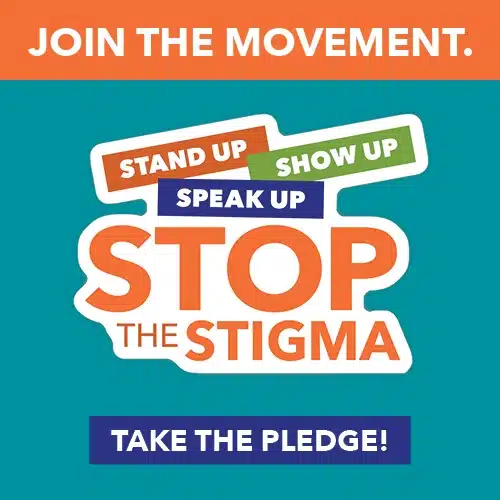As we recognize Breast Cancer Awareness Month, it’s important to remember that a cancer diagnosis affects more than just physical health. The emotional and mental impact can be just as profound, regardless of the type of cancer. From the moment someone hears the word “cancer,” they may experience a wave of intense emotions, ranging from fear and anxiety to anger and grief. Navigating these emotions while dealing with the physical challenges of treatment can be overwhelming, often leading to mental health struggles such as anxiety, depression, and feelings of helplessness.
Emotional Impact of a Cancer Diagnosis
- Anxiety and Fear: Uncertainty about treatment outcomes, side effects, and the long-term future can cause constant worry. The anticipation of treatment and the fear of recurrence are common among survivors as well.
- Depression: Changes in lifestyle, self-image, and physical health can trigger depressive episodes. Fatigue and feelings of loss of control over one’s life can worsen these feelings.
- Isolation: Social withdrawal is often a coping mechanism, as patients may feel misunderstood or want to shield loved ones from their pain. This can result in loneliness and a lack of support.
- Cognitive Changes: Often referred to as “chemo brain,” patients might experience difficulty concentrating, memory lapses, and slower processing speed, affecting their daily tasks and quality of life.
Unique Mental Health Challenges for Cancer Patients
According to the American Cancer Society’s guidelines, mental health concerns are often overlooked during cancer treatment and recovery, but they are equally important. Many patients struggle with managing a combination of practical concerns like finances, navigating the healthcare system, and maintaining employment, which only add to their emotional burden. Common psychological responses include:
- Shock and Denial: Immediate reactions to a diagnosis can include numbness and disbelief, which can sometimes delay seeking mental health support.
- Survivor’s Guilt: For patients who recover or go into remission, there can be guilt around surviving when others did not.
- Grief and Loss: Beyond the physical loss (such as mastectomy or hair loss during chemotherapy), there is an emotional toll of losing parts of oneself or the life one knew before cancer.
Strategies for Emotional Support
Supporting mental health during and after a cancer diagnosis requires a comprehensive approach. Some effective strategies include:
- Counseling and Therapy: Speaking to a licensed therapist who specializes in cancer-related issues can provide valuable coping tools and help patients and families navigate complex emotions.
- Support Groups: Connecting with others who share similar experiences can reduce feelings of isolation and provide a safe space for expressing fears and sharing encouragement.
- Mindfulness Practices: Techniques like meditation, yoga, and deep breathing can reduce stress and promote mental clarity. These practices are particularly effective in managing treatment-related anxiety.
- Health Education: Empowering patients with information about their diagnosis and treatment options can help reduce fear of the unknown.
Mental Health Services and Support at Oaks Integrated Care
At Oaks Integrated Care, we understand that a cancer diagnosis affects every part of life, including mental health. We offer comprehensive support services ranging from individual counseling to group therapy. Our compassionate team is here to guide patients and families through the emotional challenges of cancer. Seeking mental health support is just as vital as managing physical health during this journey.
Why Seeking Support is Critical
Addressing mental health can have a positive impact on the overall quality of life for cancer patients. When mental health needs are met, patients are better equipped to handle the demands of treatment, maintain stronger relationships, and even experience improved health outcomes.
If you or a loved one is struggling with the mental health impact of a cancer diagnosis, there is help available. Our programs throughout New Jersey give individuals the opportunity to make healthy choices, stabilize symptoms of illness, and ultimately reach their full potential. To learn more about Oaks services or schedule an appointment, call our Access Center at 1-800-963-3377.










